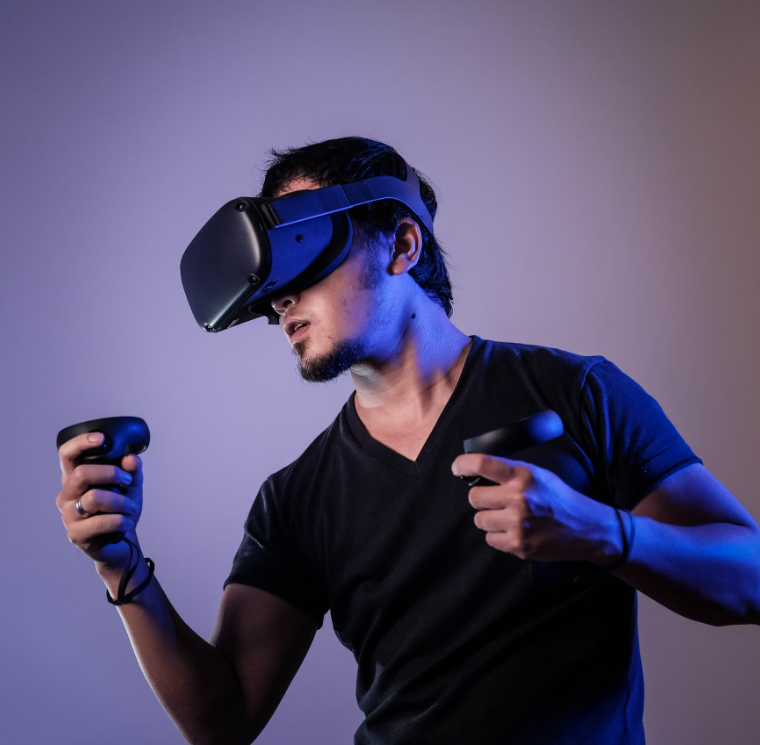Artificial Intelligence (AI) is revolutionizing medicine by enhancing diagnostics, streamlining workflows, and personalizing patient care. From research labs to hospital wards, AI's integration into healthcare is creating opportunities to improve outcomes, reduce costs, and extend access to medical services. Here’s a deep dive into AI’s transformative role in medicine.
1. AI in Diagnostics
AI excels at identifying patterns in complex data, making it a game-changer in medical diagnostics:
- Medical Imaging: AI-powered tools analyze X-rays, MRIs, and CT scans with remarkable accuracy. For instance, algorithms can detect early signs of diseases like cancer or pneumonia faster than traditional methods.
- Pathology: AI systems assist pathologists by identifying abnormal cells in biopsy samples, improving the detection of conditions like cancer.
- Rare Diseases: AI aids in diagnosing rare conditions by analyzing genetic data and medical records to pinpoint potential anomalies.
2. Personalized Medicine
AI enables highly tailored treatment plans by analyzing patient-specific data:
- Genomics: AI tools interpret genetic information to recommend treatments based on an individual’s DNA.
- Pharmacology: AI predicts how a patient might respond to a drug, minimizing trial-and-error in prescribing medications.
- Chronic Disease Management: Machine learning models help predict flare-ups in conditions like diabetes or asthma, enabling proactive intervention.
3. Drug Discovery
Developing new drugs is a time-consuming and costly process, but AI is accelerating it:
- Molecular Design: AI algorithms simulate the interactions between drugs and biological targets, speeding up the identification of viable candidates.
- Clinical Trials: AI optimizes trial design by selecting the right patient cohorts and predicting trial outcomes more accurately.
- Repurposing Existing Drugs: AI identifies new uses for approved medications, cutting development time and costs.
4. Virtual Health Assistants
AI-powered virtual assistants are transforming patient engagement:
- Symptom Checkers: Tools like Ada Health and Babylon Health provide preliminary diagnoses based on patient-reported symptoms.
- Medication Reminders: AI apps help patients adhere to treatment schedules, improving outcomes.
- Mental Health Support: Chatbots like Woebot offer cognitive-behavioral therapy techniques and mental health guidance.
5. Operational Efficiency in Healthcare
AI is optimizing administrative tasks, allowing healthcare providers to focus more on patient care:
- Electronic Health Records (EHRs): AI automates data entry, reducing clinician burnout.
- Appointment Scheduling: Intelligent systems streamline bookings and minimize no-shows.
- Resource Allocation: Predictive analytics ensure efficient use of hospital beds, staff, and medical equipment.
6. Remote Patient Monitoring
AI enhances remote care, especially vital in rural or underserved areas:
- Wearables and IoT Devices: AI analyzes data from fitness trackers and medical wearables to monitor vital signs and detect abnormalities.
- Telemedicine: AI assists doctors by summarizing patient data during virtual consultations.
- Emergency Alerts: Machine learning models identify critical conditions, like heart attacks, in real-time and notify caregivers.
7. Predictive Analytics
AI provides actionable insights that help prevent diseases and manage outbreaks:
- Disease Surveillance: AI models track and predict the spread of infectious diseases like COVID-19.
- Preventative Care: Algorithms identify at-risk populations and recommend lifestyle changes or screenings.
- Epidemiology: AI tools analyze environmental, genetic, and social factors to understand disease patterns.
Challenges and Ethical Considerations
While AI offers immense potential, its integration into medicine comes with challenges:
- Data Privacy: Ensuring patient data is secure and used ethically.
- Bias in Algorithms: Avoiding disparities in AI models caused by skewed training data.
- Regulatory Hurdles: Establishing clear standards for AI approval in clinical settings.
- Doctor-Patient Relationship: Balancing AI use with maintaining human empathy and trust.
Looking Ahead
AI in medicine is still evolving, but its impact is already profound. With continued advancements, we can expect:
- Smarter AI Models: Improved accuracy and efficiency in diagnosis and treatment.
- Broader Access: Expanding healthcare to underserved regions via AI-driven solutions.
- Enhanced Collaboration: Synergy between AI systems and healthcare professionals for better outcomes.
Final Thoughts
AI is not a replacement for healthcare professionals but a powerful tool to enhance their capabilities. As technology continues to advance, AI promises to transform medicine, making healthcare more efficient, accurate, and accessible for everyone. The future of medicine is smarter, and AI is leading the way.



